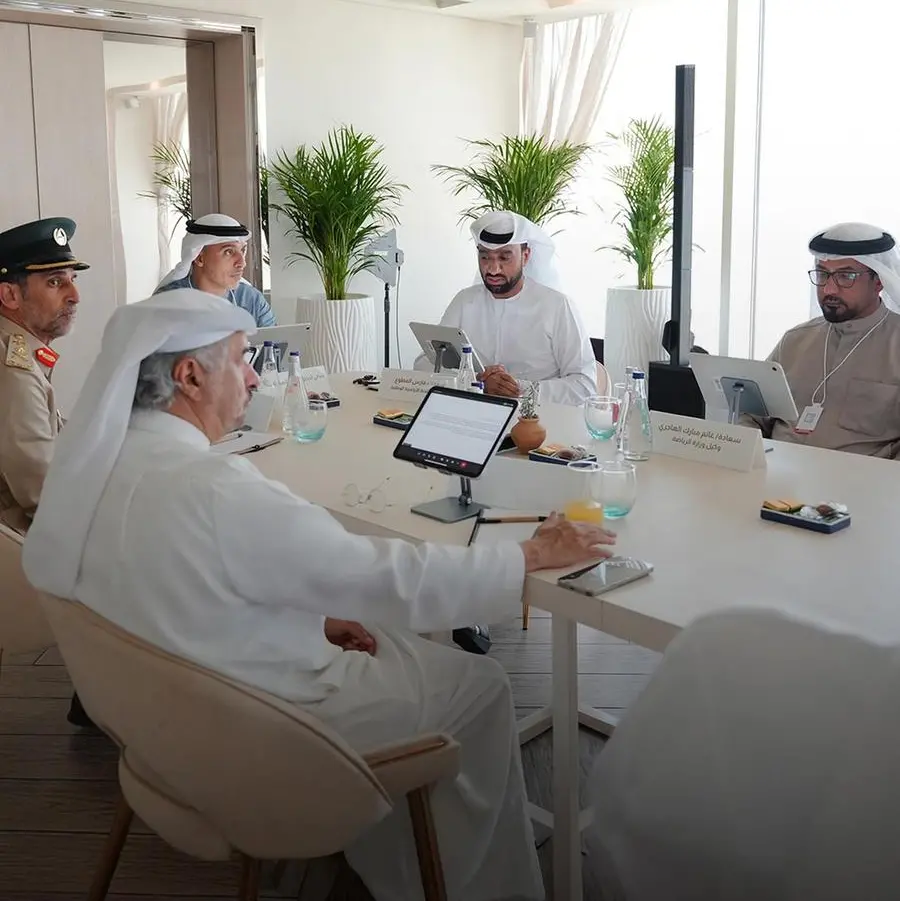PHOTO
Dubai: The Emirates Authority for Standardization and Metrology "ESMA" has launched a national awareness campaign for Arab perfume stores, in coordination with the Abu Dhabi Quality and Conformity Council “QCC”, the Dubai Central Laboratory, and the Department of Economic Development and Municipalities, to ensure the dissemination of knowledge about transforming the work in the Tula unit and replace it with the gram unit in the liquid and solid perfumes trade.
ESMA has distributed thousands of educational publications to the government Partners, in addition launched a website by the authority to educate consumers and merchants ( www.tolachange.ae ) which come into force as of February 20.
The authority also developed a social media campaign, national radio and media institutions in five different languages (Includes Arabic, English, Hindi, Malayalam, and Persian). Eng. Amina Zainal, Director of Metrology Department said.
On February 20, the UAE started the mandatory application of the unit "gram / milliliter" in the perfume trade in all the country's markets, which is considered a "historical change" in the culture of dealing with units of measurement used in the UAE markets.
Zainal, stated that the start of the awareness campaign is a direct result of the decision of the National Committee for Legal Metrology, which is chaired by ESMA, and includes in its membership both the Emirates Metrology Institute, affiliated to ADQCC, And the Dubai Central Laboratory affiliated to the Dubai Municipality, and a number of economic development departments and municipalities.
She confirmed that the launch of the awareness campaign targeting economic development departments, some municipalities, perfume dealers and suppliers, is aimed at ensuring commitment and spreading full knowledge among the merchants segment by starting work in units of gram / milliliter, as an alternative to the unit of Tula, and the field campaign will continue for a week at the country level.
-Ends-
The Emirates Authority for Standardization and Metrology (ESMA) is the federal authority approved by the United Arab Emirates to exercise administrative responsibilities by unifying management, supervision and coordination of standards, regulations, and quality control. The Authority's policy is drawn up by a board of directors headed by a UAE minister and includes representatives of the relevant federal and local government entities.
The Emirates Authority for Standardization and Metrology (ESMA) was established as a financially and administratively independent federal body under Federal Law No. 28 of 2001. The Authority provides standards, metrology, conformity assessment and accreditation services in accordance with international requirements and practices.
For inquiries or further information, please contact us via the below email:
media@esma.gov.ae
© Press Release 2020Disclaimer: The contents of this press release was provided from an external third party provider. This website is not responsible for, and does not control, such external content. This content is provided on an “as is” and “as available” basis and has not been edited in any way. Neither this website nor our affiliates guarantee the accuracy of or endorse the views or opinions expressed in this press release.
The press release is provided for informational purposes only. The content does not provide tax, legal or investment advice or opinion regarding the suitability, value or profitability of any particular security, portfolio or investment strategy. Neither this website nor our affiliates shall be liable for any errors or inaccuracies in the content, or for any actions taken by you in reliance thereon. You expressly agree that your use of the information within this article is at your sole risk.
To the fullest extent permitted by applicable law, this website, its parent company, its subsidiaries, its affiliates and the respective shareholders, directors, officers, employees, agents, advertisers, content providers and licensors will not be liable (jointly or severally) to you for any direct, indirect, consequential, special, incidental, punitive or exemplary damages, including without limitation, lost profits, lost savings and lost revenues, whether in negligence, tort, contract or any other theory of liability, even if the parties have been advised of the possibility or could have foreseen any such damages.




















